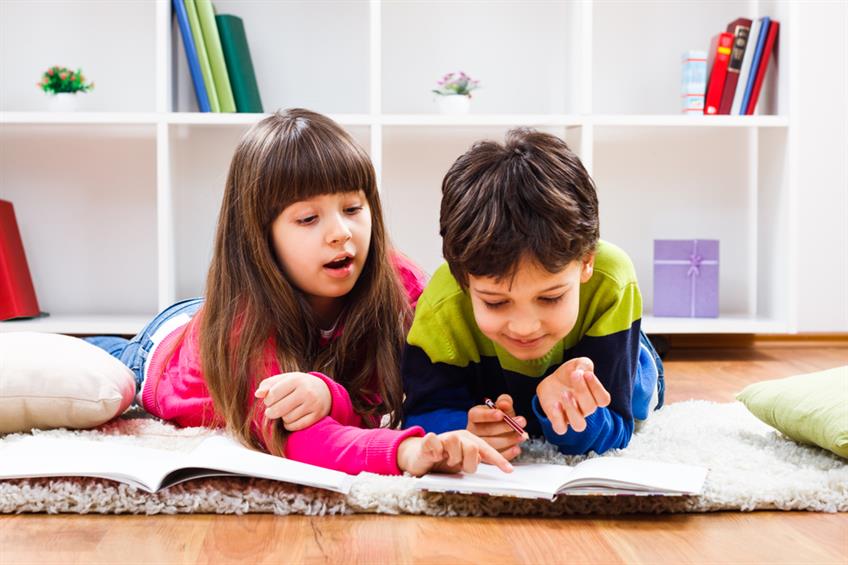Blog Layout
Articulation Delays in Children - signs, causes and treatment

What are articulation delays?
To understand articulation delays, it’s important to understand articulation.
What is Articulation?
Articulation can be defined as the process by which syllables, words, and sounds are formed when the tongue, teeth, jaw, lips and palate alter the airstream originating from the vocal folds. When a person can’t produce or distort age-expected sounds i.e. when a person has articulation problems, this usually draws attention away from the message. Articulation problems can be defined as motoric errors. They can occur at any age. However, they are usually common in children.
Articulation Delays
Articulation delays which can also be referred as pronunciation delays occur when speech sound errors persist past a certain age. It’s worth noting that different sounds develop during a certain age range. When this doesn’t happen, a child is said to have articulation delays which should be a cause for concern.
Signs of Articulation Delays
There are many signs a parent can look out for to determine if their child has articulation delays or not. For instance, children with articulation delays tend to have problems producing speech sounds. Articulation delays may affect a range of sounds or a particular sound. Articulation delays may lead to other problems i.e. slow language learning, difficulty to be understood as well as problems forming social relationships.
Causes
Articulation delays may be attributed to a variety of issues ranging from neurological disorders (i.e. cerebral palsy) to physical impairments like cleft lip, poor oral-motor skills or difficulties with placements of articulators (tongue, lips, jaw, etc.).
Hearing loss may also cause articulation delays. Children who suffer from frequent ear infections have a higher risk of suffering from articulation delays. Other causes include developmental disorders like autism, genetic syndromes like Down syndrome.
Seeking Help
It is worth noting that it is age-appropriate for a child (at certain ages) to make errors or have problems with certain sounds. However, if a child continues to produce an error or errors with a sound/s they should have acquired at a certain age, then that child is said to have articulation delays.
In such a case, the child needs to be assessed by a speech-language pathologist (SLP). Speech-language pathologists are the best-suited professionals for evaluating children’s speech problems and determining if they have acquired their sounds correctly depending on their age.
Why Does Treatment Matter?
Seeking help is very important since articulation delays have detrimental effects. For instance, articulation delays compromise;
- A child’s reading and spelling skills.
- Language and social skills development.
- A child's interactions with others.
- The emotional well-being of a child which has a close relationship with behavioural issues.
If articulation delays are ignored, your child could end up having one or more of the above problems i.e. reading and spelling problems, language and social skill development issues, interaction problems as well as emotional well-being problems.
Treatment: The Role of SLPs in Treating Children with Articulation Delays
Articulation delays are treated through speech and language therapy administered by SLPs or speech pathologists. Speech-language pathologists teach children with articulation delays how to place their articulators (lips, tongue, jaw, teeth, etc.) correctly. SLPs also teach children with articulation delays how to voice correctly and achieve targeted sounds. SLPs use numerous speech strategies as well to help children with articulation delays maintain their achievements.
The work of SLPs can be difficult since they have to change the way children with articulation delays speak. SLPs do way more than teach sound articulation. Once a child has learned how to say a certain sound correctly, they must follow a certain hierarchy or risk forgetting or losing their ability to make the sound.
The hierarchy begins with an isolation level i.e. a student learning how to say a certain sound by themselves through practice. The learning moves on to nonsense syllables, words, phrases, sentences, reading and then conversation. Learning is usually administered through therapy sessions and children must achieve 80% or more accuracy to move to the next level.
SLPs must carry out intense therapy sessions i.e. make children with articulation delays say a certain sound hundreds of times ( mostly 200 times) per session while ensuring children stay interested and motivated to master every sound during every level and position. We play various board games while teaching sounds to keep children engaged.
Therapy sessions are also highly specialized to meet unique needs of each and every child (i.e. interests). Therapy sessions also include a parental training component. SLPs, therefore, do more than ''play games’’ with children with articulation delays.
Related Posts

By info
•
25 Sep, 2019
While literacy includes reading and writing skills, it also involves a relationship with expressive language (communication). Many of the same basic skills needed for oral language are also needed for written language, with the addition of some higher-level skills. Early indicators a child may have difficulty with literacy: Family history of reading disability. First word not produced until after 15 months of age. Words not combined until after 24 months of age. Difficulty pronouncing words when older than 6 years of age. Lack of awareness and ability to use rhymes during preschool years. Inability to segment words into syllables after age 5.
Get in Touch
Contact Us
Thank you for contacting us.
We will get back to you as soon as possible.
We will get back to you as soon as possible.
Oops, there was an error sending your message.
Please try again later.
Please try again later.
Our Partners
-

Slide title
Write your caption hereButton -

Slide title
Write your caption hereButton -

Slide title
Write your caption hereButton -

Slide title
Write your caption hereButton -

Slide title
Write your caption hereButton -

Slide title
Write your caption hereButton -

Slide title
Write your caption hereButton
Site Links
Creative Therapy Associates
Our team specializes in speech and language therapy, and occupational therapy for children, adults, and seniors. Our offices are in Thunder Bay, Ontario, but we travel to communities in Northwestern Ontario.
© 2024
All Rights Reserved | Creative Therapy Associates and Creative Therapy Autism Centre
Terms | Privacy | Patient Bill of Rights (PDF)